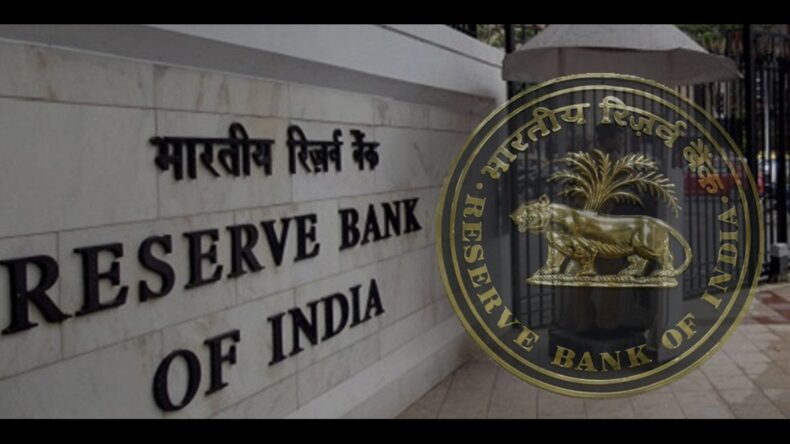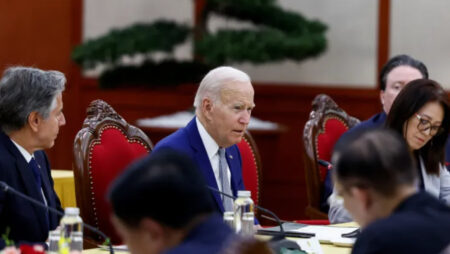In its most recent research report, the brokerage firm Nuvama Institutional Equities indicated that the Monetary Policy Committee (MPC) of the Reserve Bank of India (RBI) is likely to extend the pause on June 8 and retain the policy repo rate at 6.5% because of the easing of inflation. This was expressed in light of the fact that the RBI expects the policy repo rate to remain at 6.5%.
Beginning today, June 6, the Monetary Policy Committee (MPC) of the RBI will convene for a three-day meeting to examine the second biweekly monetary policy for the fiscal year 2024–24. On June 8, the decision reached by the panel will be made public by Shaktikanta Das, the governor of the RBI.
In its first meeting of the new fiscal year 2024–24 (FY24), the Monetary Policy Committee (MPC) decided to keep the repo rate at its previous level of 6.5%. This meeting took place on April 6. The repo rate has already been raised by a total of 250 basis points since May of last year in an attempt to drive down inflation. This hike came about as a result of the previous increase.
The brokerage business made the observation that the setting is the CPI inflation rate of 5% for April, which is anticipated to slow down even more, in contrast to the real GDP growth that came as a pleasant surprise in the fourth quarter of fiscal year 23.
RBI space is provided by a combination of signs in order to keep an eye on the incoming data before making any course adjustments. According to the brokerage’s assessment, it can transition from “withdrawal of accommodation” to “neutral” if inflation continues to decline.
The fact that inflation’s impetus is waning is a significant aspect that policymakers find soothing. The headline consumer price index is presently less than 5%, and some subcomponents are exhibiting a tendency toward decreasing. Concurrently, there has been a significant easing of pricing pressures on inputs, which points to the prospect of a moderation in the CPI for core products.
When everything is considered together, it appears rather probable that the MPC will maintain its position during the forthcoming policy review. However, officials will not be in a hurry to change their strategy, according to the brokerage in its analysis.
The brokerage firm also said that real gross domestic product (GDP) growth has been greater than expected, despite the fact that nominal gross domestic product (NGDP) growth has returned to 10% year-over-year (YoY) from 17-18% a few quarters ago. NGDP growth has returned to 10% year-over-year (YoY). Consumption has trailed behind predictions, and the 10% rise in NGDP was only made possible by advantageous terms of trade (a reducing external deficit). This is because the external deficit has been decreasing.
The real interest rate is increasing, the global economic crisis is growing worse, and the brokerage anticipates that the impacts of prior monetary tightening will continue to be felt across the economy in the future.
Monetary policy also has considerable delays in its effects and may be unexpected.
The budgetary policy also continues to become more restrictive. The subsequent fiscal quarters need to, therefore, see a rise in growth worries.
We anticipate a protracted pause in monetary policy from the MPC because of the pulls and pushes that were outlined above. On the other hand, we do anticipate that the committee will change its monetary stance from “withdrawal of accommodation” to “neutral,” therefore announcing the end of the cycle of monetary tightening.
After all, both the current account deficit (CAD) and inflation have reached much lower levels. Having said that, it is possible that the RBI will not make a course correction in the near future,” the brokerage stated in its analysis.













